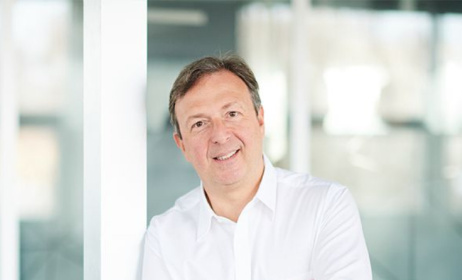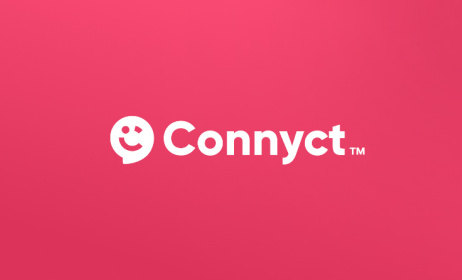DVS1 launches tool to compensate producers
Russian-born American electronic DJ DVS1 this week launched a new platform called Aslice, a tool designed to track the music played by DJs so that producers can get paid.
 DVS1. Photo: Salar Kheradpejouh
DVS1. Photo: Salar Kheradpejouh
The desktop software aims to create a more equitable music ecosystem by closing the income gap between DJs and producers. It works similarly to a donation system, where DJs can pledge a percentage of their gig fee to the producers of the music they play. The platform suggests DJs should donate at least 5% of their fee to artists they play.
Despite a significant growth in electronic music over the past few years, the founder says there is still a deficit in royalties given to producers. The electronic industry was valued at $7.3bn in 2020.
Born Zak Khutoretsky, DVS1 is based in the US and boasts more than 20 years experience as a professional artist. He has toured extensively, headlining international music festivals such as Decibel and Dekmantel.
In an interview with Resident Advisor, Khutoretsky said the current ecosystem was not working because collection societies depended on DJs to give them handwritten playlists, while less than 1% of music venues around the world having installed music-recognition software.
Aslice identifies songs using a machine-learning algorithm and matches them with producers registered on its system. The tool can also identify unreleased tracks and is compatible with rekordbox, Traktor, Serato and Pioneer DJ products.
The platform held a beta-testing phase in November, which saw 100 DJs uploading 110 playlists and 5 291 tracks. About 82% were accurately identified and matched, which led to payments of approximately $1.40 per track on average for 2 213 producers. Any money not attributed will go to charities chosen by the platform’s community.
“Aslice captures playlists from DJs,” Khutoretsky said. “After registering the account and downloading the desktop software, DJs can upload any history or playlist file and import the text-only file to the app. Once imported, a DJ just needs to fill in the basic info about the venue, city and date. Finally, they choose an amount they want to share with producers and click submit.
“PROs [performance rights organisations] and music collection societies already charge clubs, venues and festivals, and even independent promoters for the right to play music. It’s literally their responsibility to install these devices and do their job. Millions of dollars are collected each year that never end up back in the hands of the artists whose music is actually played in these venues. Instead, that money gets paid out to the top 100 Billboard artists and pocketed by those societies.
“The five percent won’t fix the problem by any means, but it can immediately change an artist's perspective about what's possible, not only financially but with the statistics and information they will get through the service.”


































Comments
Log in or register to post comments